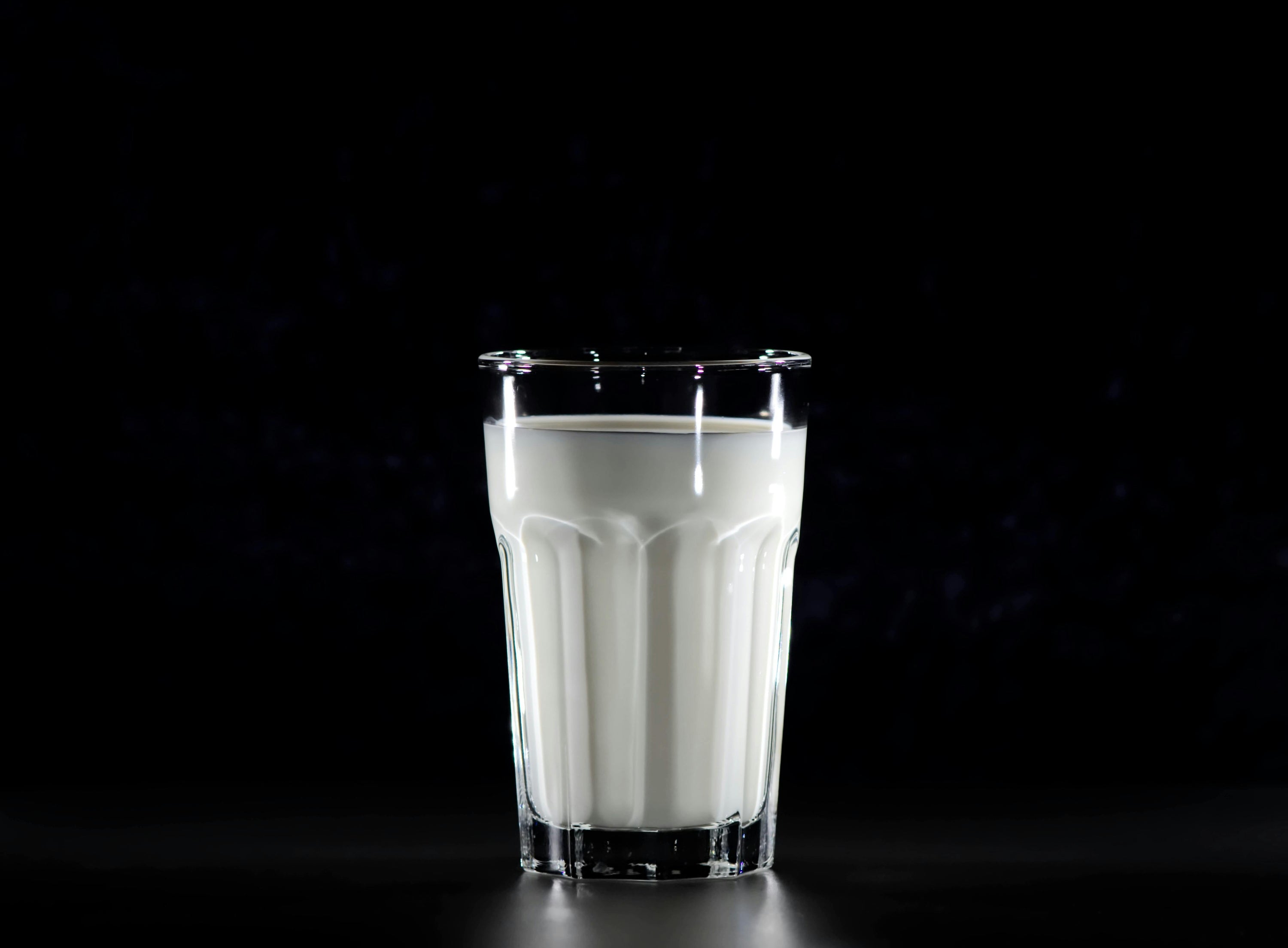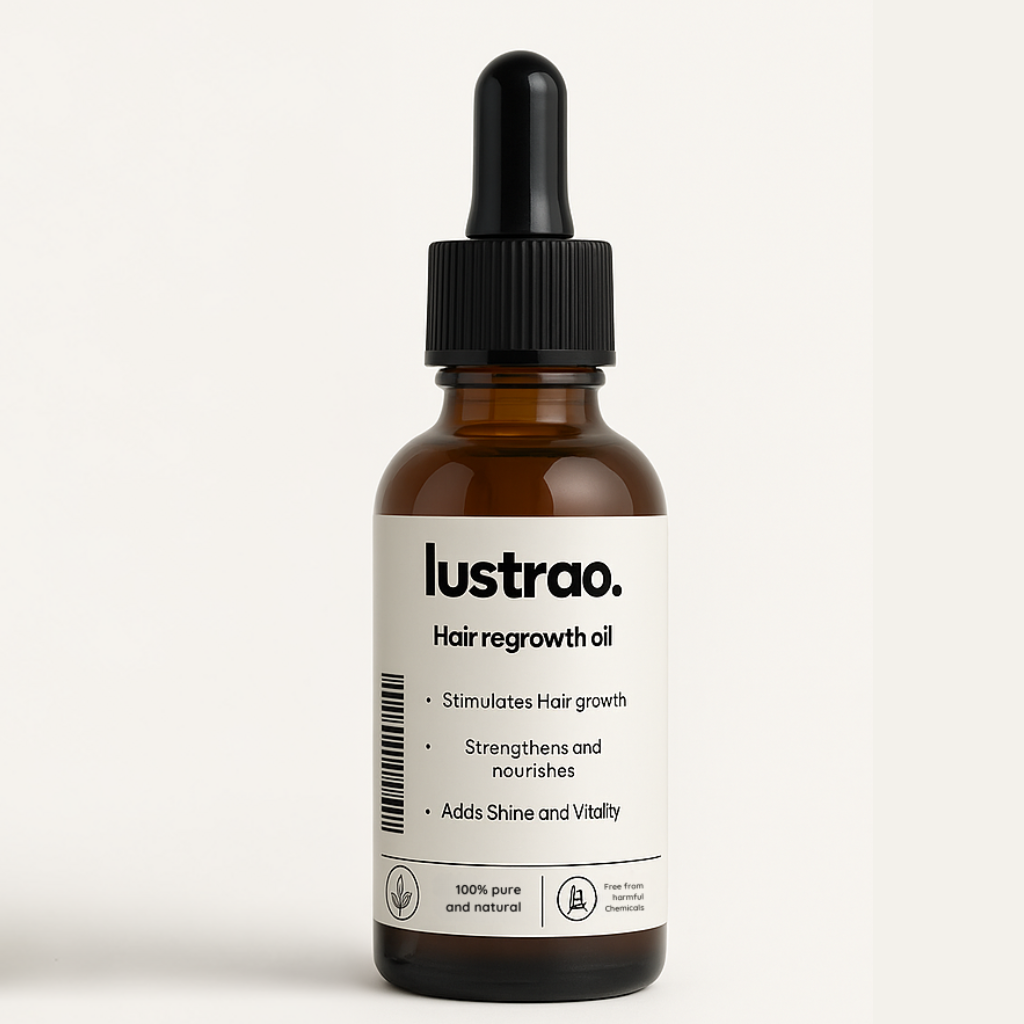
Vitamin D Deficiency and Hair Loss: Causes, Symptoms, and How to Fix It
If you are noticing hair thinning, excessive shedding, or slow hair regrowth, vitamin D deficiency may be a key driver of hair loss. Research links low vitamin D to telogen effluvium, androgenetic alopecia, and alopecia areata. In this guide you will learn how vitamin D affects hair growth, which vitamin D deficiency symptoms to watch for, and practical steps to fix low vitamin D so you can support stronger, thicker hair.
If you are concerned about hair loss, testing your vitamin D level can be an important first step in your recovery plan.
How Vitamin D Affects Hair Growth
Vitamin D supports hair follicle development and helps maintain the anagen growth phase. Low vitamin D can keep follicles in the resting phase for longer, which increases shedding and slows regrowth.
Evidence summaries report that people with female pattern hair loss and telogen effluvium often show lower vitamin D levels than healthy controls. Clinical experts also note that restoring vitamin D status can help normalize the hair cycle.
“Vitamin D plays an important role in hair follicle cycling. A deficiency can keep hair in the resting phase, which leads to shedding and thinning,” says board-certified dermatologist Dr. Valerie Callender.
As we highlighted in our guide on hormones and hair loss, nutrient deficiencies and hormonal changes often interact, disrupting the normal growth cycle.
Can Vitamin D Deficiency Cause Hair Loss?
Yes. Vitamin D deficiency is associated with increased hair shedding and reduced regrowth. Follicles can remain in telogen, so hair falls out more readily and new growth is delayed. Alopecia areata, an autoimmune cause of patchy hair loss, has been frequently linked with very low vitamin D levels.
“In many patients with alopecia areata we see a correlation between vitamin D deficiency and disease severity. Correcting low levels may support treatment,” notes dermatologist Dr. Lindsey Zubritsky.
If you notice diffuse thinning, patchy loss, or persistent shedding, check your vitamin D status with a blood test.
Symptoms of Vitamin D Deficiency
Look for the following vitamin D deficiency symptoms that can affect hair and overall health:
- Excessive hair shedding, often more than 100 hairs daily
- Diffuse thinning across the scalp
- Low energy and fatigue
- Bone and muscle aches
Hair often reflects nutritional imbalances early, so a simple test can guide treatment.
Scientific Evidence Linking Vitamin D and Hair Loss
- Observational studies report high rates of vitamin D insufficiency in people with hair loss disorders.
- Women with female pattern hair loss frequently show lower serum vitamin D compared with controls.
- Systematic reviews suggest vitamin D supplementation may support recovery in telogen effluvium and alopecia areata when deficiency is present.
These data support a test and correct approach: identify deficiency, then restore levels under medical guidance.
How to Fix Low Vitamin D for Hair Growth
Here is a practical plan to optimize vitamin D for hair growth. Always consult a healthcare professional for personalized advice.
1) Increase sensible sun exposure
Aim for brief, regular sun exposure to forearms and lower legs, for example, 10 to 20 minutes a few times weekly, based on skin type and season. Protect skin during longer exposures.
2) Eat vitamin D-rich foods
Include fatty fish such as salmon, mackerel, and sardines, fortified dairy or plant milks, fortified cereals, egg yolks, and UV-exposed mushrooms.
3) Supplement when needed
Typical maintenance intakes range from 600 to 2,000 IU daily, depending on baseline status and clinical advice. Severe deficiency may require supervised higher dosing. Recheck levels to confirm correction.
4) Consider topical options in select cases
Dermatology care may include topical vitamin D analogs for conditions such as alopecia areata, used under prescription.
Integrate Vitamin D With a Complete Hair Routine
Correcting vitamin D deficiency addresses an internal driver of hair loss. Pair this with clinically focused topical care to support scalp health and strand strength every day.
- Lustrao Hair Growth Trio: Growth Shampoo, Growth Conditioner, and Hair Regrowth Oil. Designed to cleanse buildup, nourish the scalp, and reduce breakage. Ideal for those seeking a complete system that complements vitamin D correction.
- Lustrao Hair Growth Duo: Growth Shampoo and Growth Conditioner. Daily care that supports stronger, fuller-looking hair while you work on optimizing vitamin D.
- Lustrao Hair Regrowth Oil: A concentrated leave-in treatment used two to three times weekly to support scalp circulation and follicle vitality.
Using a system improves consistency, which is essential while your vitamin D status normalizes.
Benefits of Optimizing Vitamin D for Hair Growth
- Stimulates new follicles and supports the anagen phase
- Reduces shedding linked to prolonged telogen
- Strengthens hair structure, supports keratin integrity
- Improves scalp health, creating better conditions for growth
FAQs: Vitamin D and Hair Loss
Can vitamin D deficiency cause hair loss?
Yes. Vitamin D deficiency is associated with increased shedding and delayed regrowth. Correcting low levels can support a healthier hair cycle.
Does vitamin D help hair growth?
Vitamin D supports follicle development and the growth phase of hair. If you are deficient, restoring levels can help hair growth normalize.
Is vitamin D good for hair?
Adequate vitamin D is important for scalp health and follicle function. It works best as part of a full plan that includes targeted topical care.
How much vitamin D do I need for hair health?
Needs vary. Many adults use 600 to 2,000 IU daily, guided by a blood test and clinician advice. Recheck levels to confirm you are in range.
How long until I see results after fixing low vitamin D?
Hair growth changes are gradual. Many people notice less shedding in 6 to 12 weeks, with visible density changes over 3 to 6 months.
Can topical products help while I correct vitamin D deficiency?
Yes. A consistent routine with the Lustrao Hair Growth Trio or Duo can support scalp health and strand strength as your vitamin D level improves.
Conclusion and Next Steps
Vitamin D deficiency and hair loss are closely connected. Testing and correcting low vitamin D can reduce shedding and support regrowth. Combine this with a consistent topical routine for best results.
Start with the Lustrao Hair Growth Trio if you want a complete, stepwise system that cleanses, strengthens, and treats. Choose the Lustrao Hair Growth Duo for simplified daily care. Add the Lustrao Hair Regrowth Oil two to three times weekly if you want extra support for the scalp.
Ready to rebuild stronger, fuller hair? Explore the Lustrao Hair Growth Trio and Duo today.
Share







